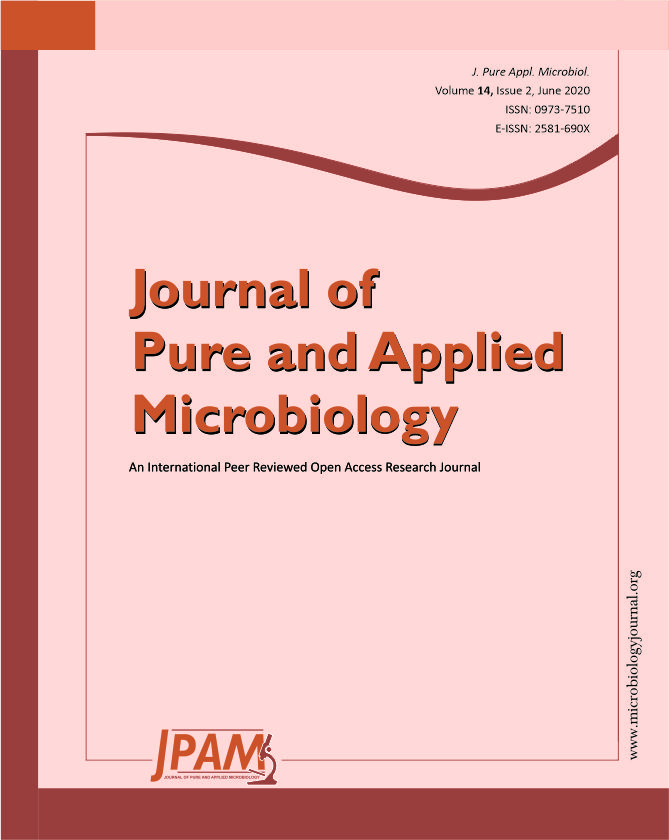The co-culturing of the fungi with Bacillus subtilis resulted in increased antifungal activity of Eurotium chevalieri and Emericella foveolata extracts but decreased the effects of Talaromyces tratensis and T. stipitatus extracts. Meanwhile, the co-culturing of marine-derived fungi with autoclaved B. subtilis resulted in decreased antifungal activity of E. foveolata, T. stipitatus and T. tratensis but slightly increased activity of E. chevalieri. A significant effect of the co-culture of E. chevalieri and B. subtilis resulted in an increased antifungal activity compared to the axenic cultures with complete inhibition of mycelial growth of all the plant pathogens tested, whereas the extract from fungus alone displayed percentage inhibition ranging from 33.11-100% at 10 g L-1 concentration. Overall, the effect of co-culturing with live or autoclaved B. subtilis had positive, negative or no effect on the antifungal activities of the tested marine-derive fungi against plant pathogens in vitro.
Microbial co-cultivation, dual induction, fungal metabolites, antagonistic activity, plant pathogens
© The Author(s) 2020. Open Access. This article is distributed under the terms of the Creative Commons Attribution 4.0 International License which permits unrestricted use, sharing, distribution, and reproduction in any medium, provided you give appropriate credit to the original author(s) and the source, provide a link to the Creative Commons license, and indicate if changes were made.


